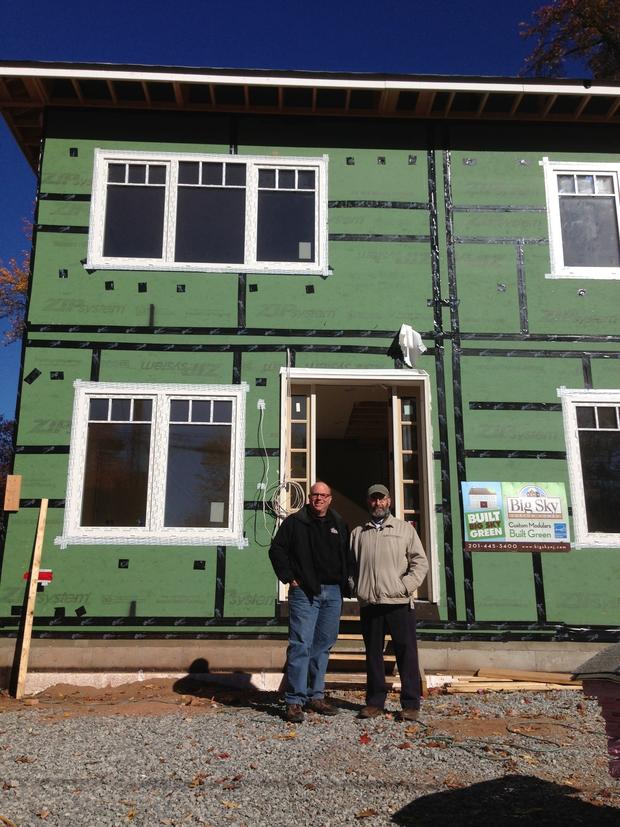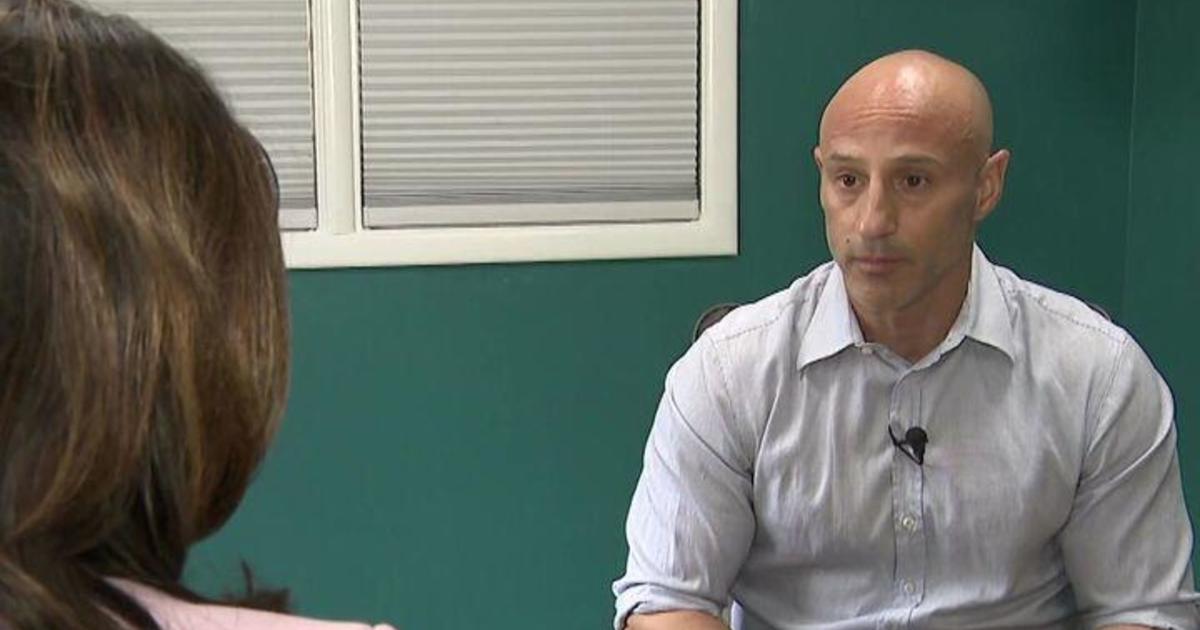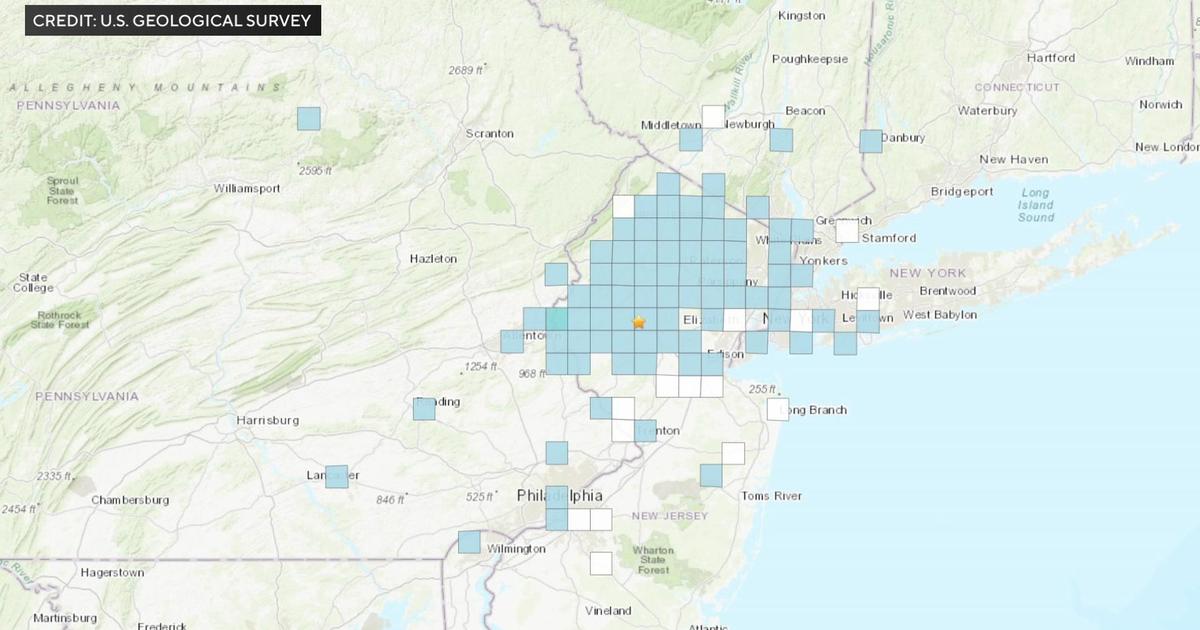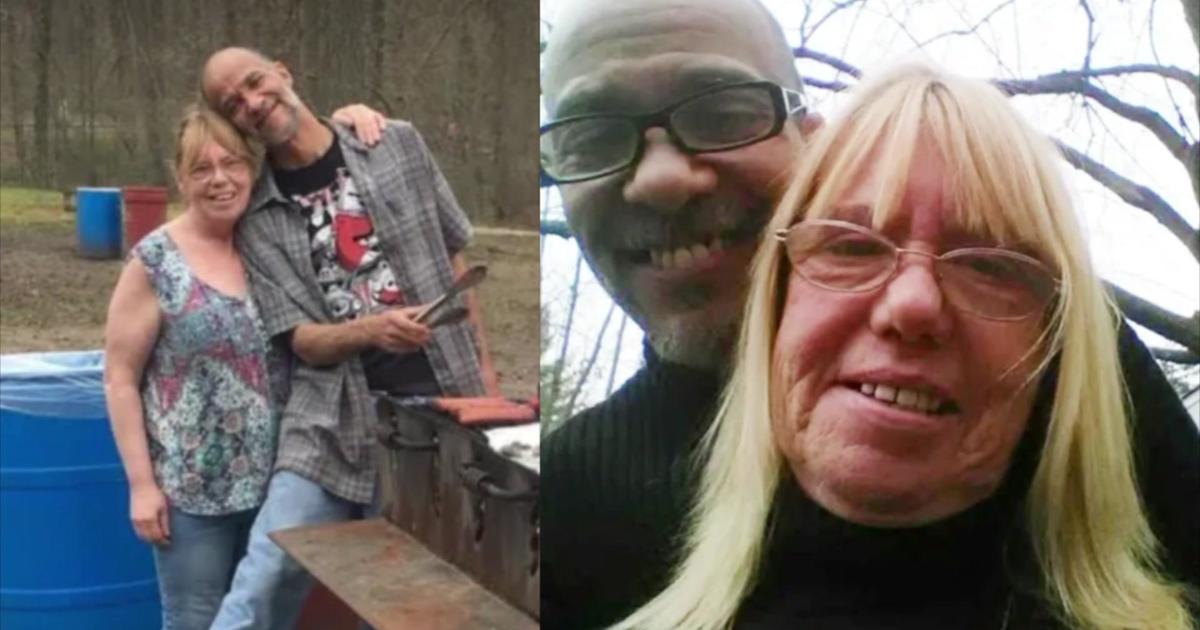Stories From Main Street: Building What Could Be N.J.'s First 'Passive House'
TEANECK, N.J. (CBSNewYork) - As winter approaches, many homeowners in the region will begin cranking up their furnaces.
But as WCBS 880's Sean Adams reported, a family moving into a new home in Teaneck, New Jersey is preparing for a new life in which they won't have to crank up anything.
The so-called "passive house" is so energy-efficient that it doesn't have a furnace or central air conditioning.
Stories From Main Street: Building What Could Be N.J.'s First Passive House
"In a normal house, it may cost you $5,000 or $6,000 to heat and cool the house. In a passive house, it may cost you a tenth of that," electrical engineer Len Moskowitz told Adams.
He and his wife Deborah Teplow turned to European building standards to help drastically reduce their carbon footprint.
The house on Wyndham Road will be completely sealed, with no leaks and no drafts.
"We get that by super-insulating the house. So the walls are about a foot thick and they're insulated double what the code requires both in the walls and in the roof," said Moskowitz.
"We're using a product on the outside of the house called ZipWall. It's a sheathing product and once that's installed, all of the seams are taped," contractor Robert Caruso with Big Sky Modular Homes told Adams.
Even the foundation of the house is encased in foam, Caruso said.
"If you think of a picnic cooler and how a picnic cooler works, the entire basement and the foundation is sitting inside a picnic cooler," Moskowitz said.
The roof will be outfitted with solar panels that Moskowitz said will provide than enough electricity. Two pumps will circulate air in the house.
"The ventilator's an interesting system, too," Moskowitz told Adams. "It recovers 90 percent of the heat of the air that you would exhaust normally."
RELATED: More Stories From Main Street
The features of the passive house cost six to eight percent more than a traditional house. The difference is made up in a few years from saved energy costs, Moskowitz told Adams.
If it meets energy specifications, this would be the first certified passive home in New Jersey.
"Our intention was to spread the gospel, so to speak, of passive house," Moskowitz said.
You May Also Be Interested In These Stories




